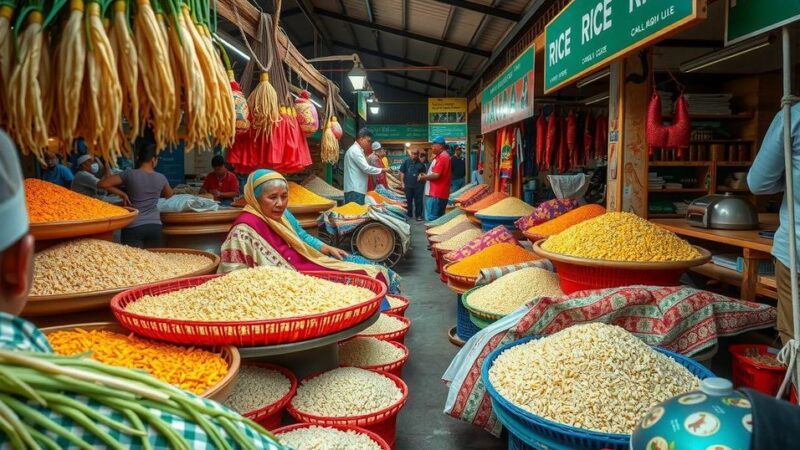- Five migrants deported from the US to Eswatini are convicted criminals.
- Sudan sees a massacre as the RSF launches brutal attacks.
- Durban hosts G20 finance ministers amid US tariff threats.
- Eswatini receives deported migrants as part of US strategy.
- The ongoing conflict in Sudan has displaced 14 million people.
US Implements Controversial Deportation Strategy to Eswatini
In an eye-catching move that adds to ongoing tensions between the US and various nations, five migrants who were convicted of serious crimes, including rape and child molestation, have been deported to Eswatini. This action is part of a broader Trump-era initiative aimed at cracking down on undocumented immigrants with criminal histories. Instead of returning the deportees to their original countries, such as Vietnam, Jamaica, Cuba, Yemen, and Laos, they are being rerouted to various African nations, with Eswatini being the most recent recipient of these individuals as the US quietly complicates the immigration landscape across the continent.
Massacre in Sudan Highlights Escalating Violence
As tragic as the deportation news is, it comes alongside horrifying reports from Sudan’s North Kordofan region. A brutal massacre has left around 200 individuals buried in one day after an attack attributed to the Rapid Support Forces (RSF). Survivors painted a gruesome picture of the violence, claiming the RSF shelled residential areas and perpetrated heinous acts, burning families alive as they moved into the village of Shaq al-Nom. Alarmingly, the death toll could be much higher, with reports suggesting that nearly 300 individuals may have perished in neighboring communities. The RSF is aggressively attempting to seize control of key fuel routes before unpredictable rains potentially thwart their advances, marking a grim chapter in Sudan’s ongoing and devastating conflict.
G20 Meeting in Durban Overshadowed by US Tariff Threats
Shifting focus to South Africa, Durban is bustling as G20 finance ministers gather for discussions, albeit without US Treasury Secretary Steve Mnuchin. This meeting, which is historic as South Africa holds the G20 presidency for the first time, is aimed at promoting an ‘African agenda’. Key topics include climate change initiatives, strategies for reducing capital costs, and a proposed cross-border payment system intended to boost intra-African trade. However, the discussions are clouded by Donald Trump’s looming tariff threats, particularly a proposed 10% tariff on all US imports, along with potential penalties for BRICS nations that explore alternatives to the US dollar. It’s a complicated situation that shows how economic discussions are deeply intertwined with international relations and global trade dynamics.
In summary, the US continues its controversial deportation strategies, this time sending convicted criminals to Eswatini. While this situation unfolds, Sudan grapples with escalating violence and widespread civilian casualties due to attacks from the RSF. Meanwhile, the G20 meeting in South Africa brings its own challenges as concerns about US tariffs and international trade loom large.






